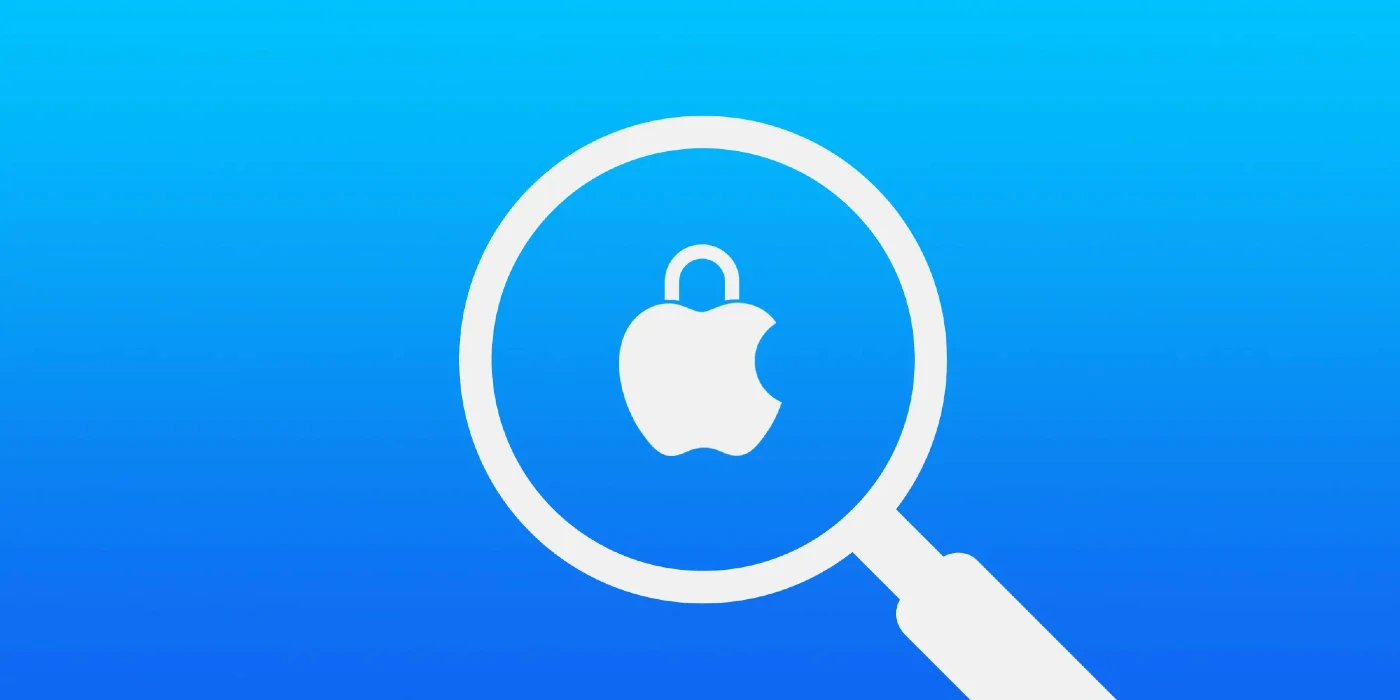The UK Government is reported to have dropped its demand for Apple to provide “backdoor” access to user data, U.S. Director of National Intelligence Tulsi Gabbard said Monday.
Ms. Gabbard disclosed in a post on X that she and other administration officials had persuaded U.K.’s Home Office to drop its request for a “back door” that would give it access to Apple customers’ iCloud data.
Gabbard indicated London and Washington had resolved their high-stakes dispute over electronic privacy, writing on X that she and President Donald Trump and Vice President JD Vance spent the ”past few months” working with the U.K. government.
”As a result, the UK agreed to drop its mandate for Apple to provide a ‘back door’ that would have enabled access to the protected encrypted data of American citizens and encroached on our civil liberties,” she said.
The dispute surfaced at the start of the year with a news report that British security officials had issued Apple with a secret order requiring the creation of backdoor access to view fully encrypted material.
The UK government reportedly served Apple with what is known as a ”technical capability notice” ordering it to provide the access under a sweeping law called the Investigatory Powers Act of 2016, which has been dubbed the snoopers’ charter.
Apple had challenged the Home Office directive in the Investigatory Powers Tribunal, the U.K.’s top surveillance court, in a proceeding that was largely secret.
Apple wasn’t allowed to discuss the order publicly, but news of it leaked, prompting bipartisan alarm in Congress. It also led to calls for the U.S. to end some of its intelligence cooperation and data-sharing with the U.K.
Ms. Gabbard had initiated a legal review to determine how the U.S. should respond.
Neither Apple nor the Home Office responded to requests for comment.
The Computer & Communications Industry Association (CCIA), which had expressed concern about the Home Office order said it was relieved that the order was being withdrawn.
“While we do not know what could be important details about the scope, it is right that the UK Government has responded to concerns that a Home Office order was undermining important security features,” Matthew Sinclair, CCIA’s senior director, said.
“Industry warned the regime would weaken security for users and lead to international disputes.”
The Home Office did not respond directly to Gabbard’s statement, saying it ”does not comment on operational matters, including confirming or denying the existence of such notices.”
”We have long had joint security and intelligence arrangements with the US to tackle the most serious threats such as terrorism and child sexual abuse, including the role played by fast-moving technology in enabling those threats,” the office said. “We will always take all actions necessary at the domestic level to keep UK citizens safe.”
Apple had reacted to the order by withdrawing its Advanced Data Protection encryption feature for new users in the U.K. and disabling it for existing users.
This is currently still in place for new users in the UK.
Apple can no longer offer Advanced Data Protection (ADP) in the United Kingdom to new users.



